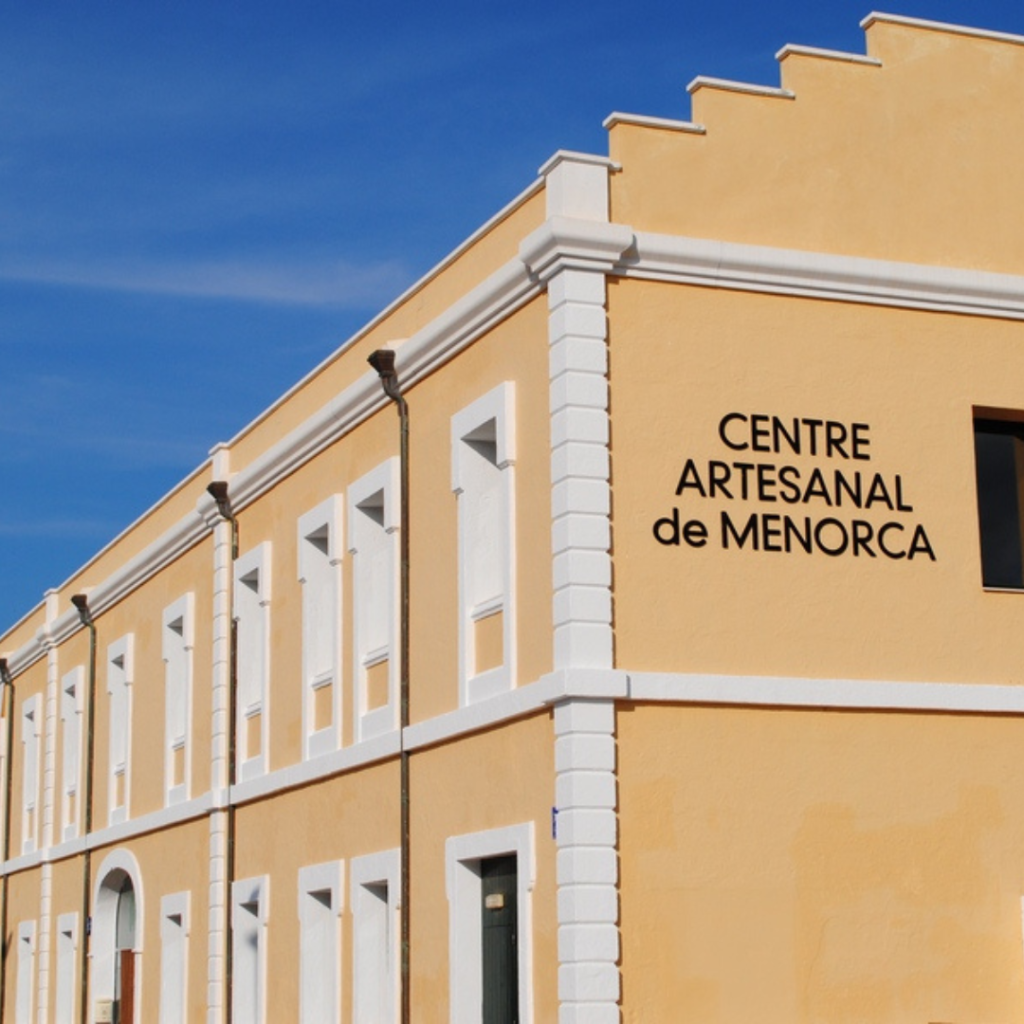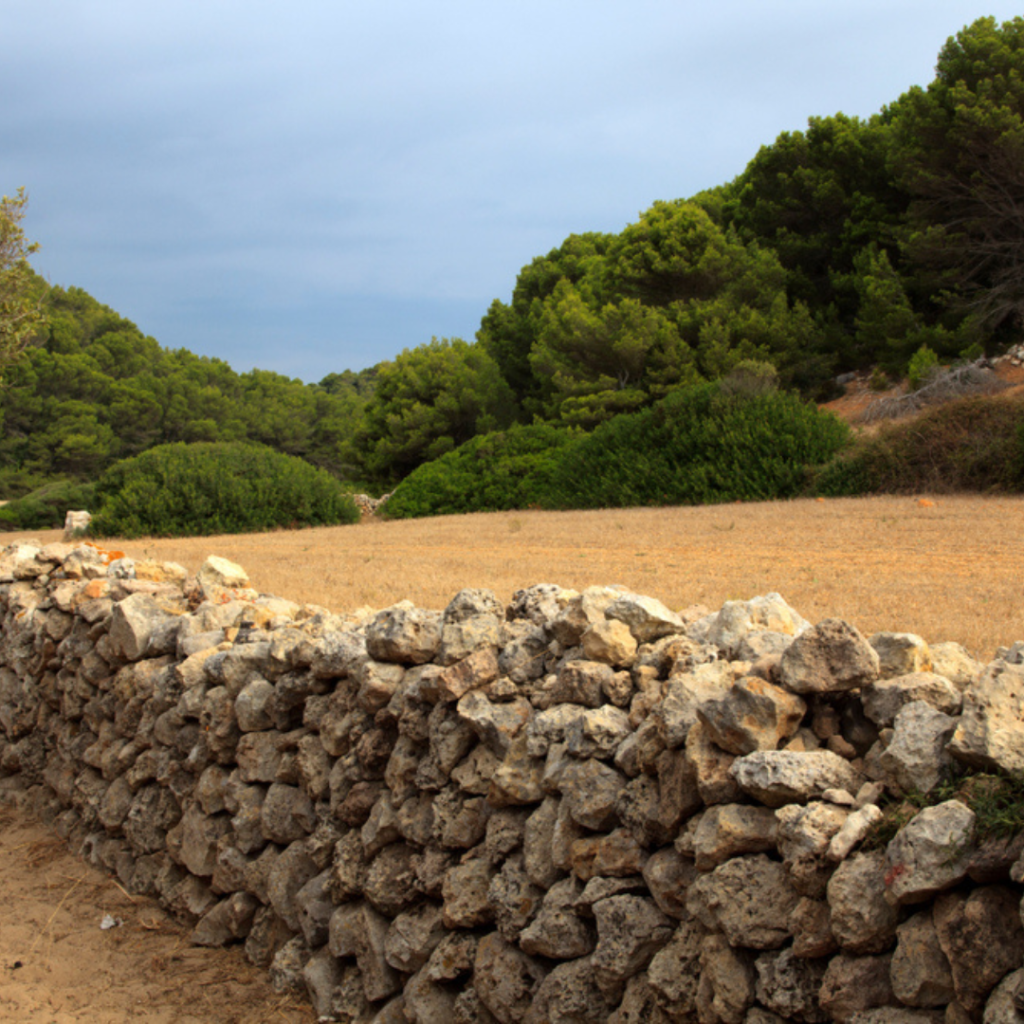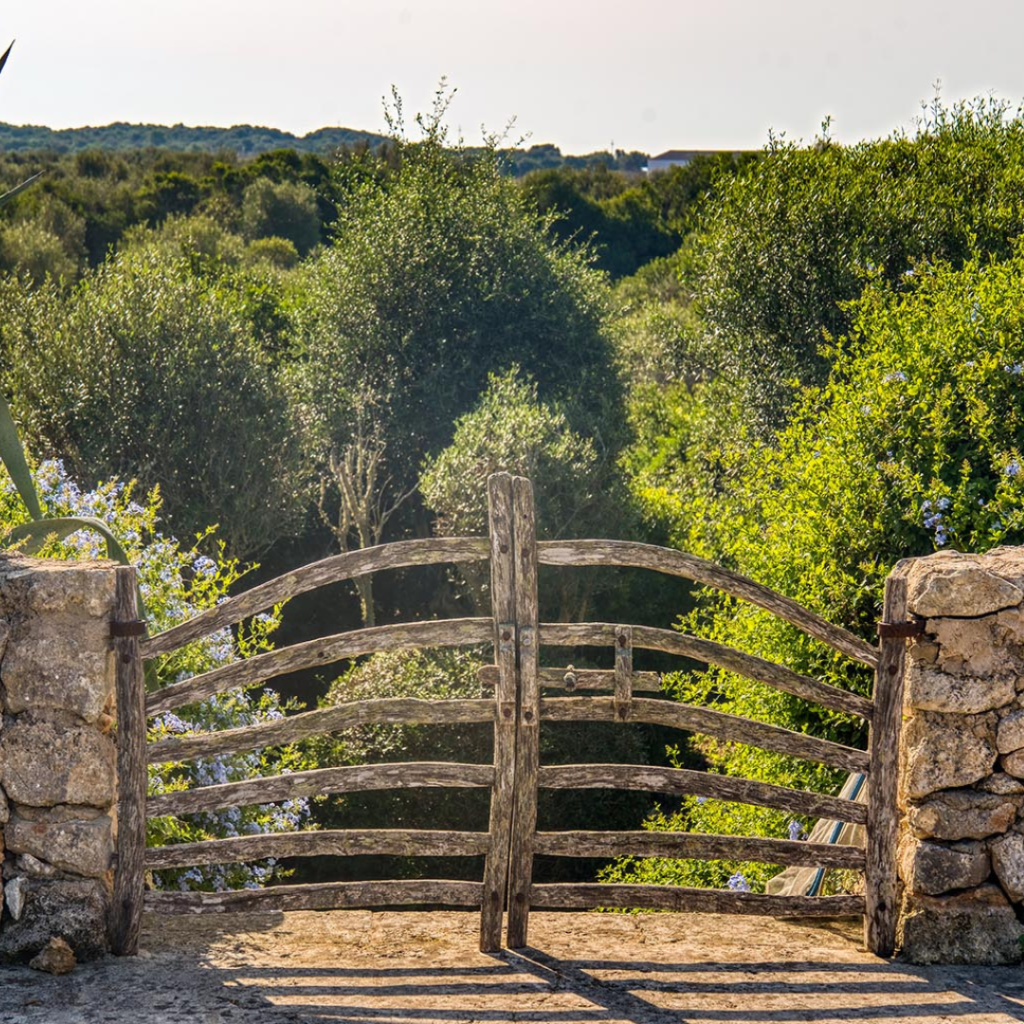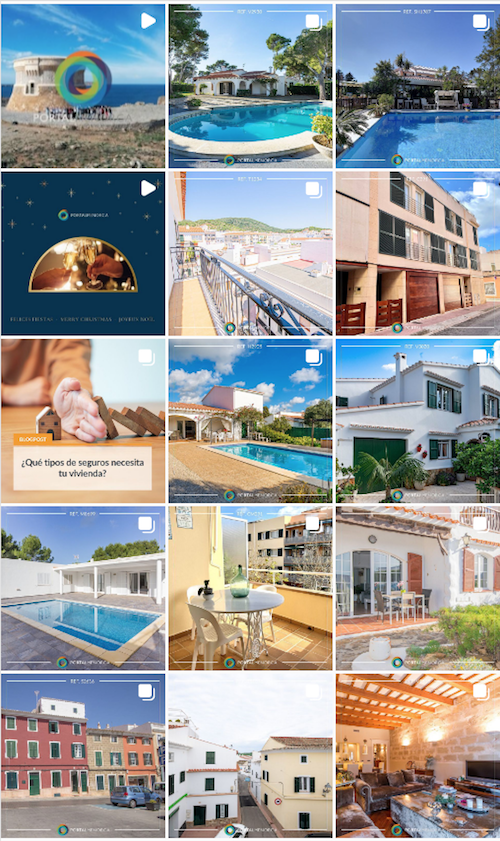The Artisan Trades of Menorca: Treasures of the Past Thriving in the Present
On the tranquil island of Menorca, the tradition of artisan trades dates back centuries, playing an essential role in the lives of local communities. This artisan tradition, which flourished particularly in the 18th and 19th centuries, played a crucial part in the island's culture and economy, providing employment to numerous inhabitants. Join us on this journey to discover more about the artisan trades of Menorca.

Craftsmanship is a vivid reflection of a community's idiosyncrasy, the way it adapts to its environment, and how it, in turn, influences it in the service of human interests. Moreover, it acts as a witness to the evolution of some trades and the emergence of others. On the one hand, artisan activity has left a profound mark on the distinctive visual culture of the island, as it would not be an exaggeration to say that the landscape is a cultural construct molded by various societies and their traditions over time. On the other hand, this same activity serves as a vehicle for a way of life and a relationship with the environment that serves as a source of inspiration. For all these reasons, it is essential to recognize the importance of the work that people have developed and continue to develop in Menorca, preserving the values that led to the island being declared a Biosphere Reserve. Today, we can essentially speak of six major families of trades in Menorca (related to agriculture, agri-food, the sea, fibers and textiles, daily life, and the arts), in which we find a perfect blend of tradition and innovation. This is how we find deeply rooted trades on the island, such as shoemakers, jewelers, plowmasters, or potters, shipbuilders, dry stone wallers, wicker weavers, blacksmiths, and chair caners. All of them keep the heritage and uniqueness of their predecessors alive.
Now, let's delve into more detail about some of the most popular and recognized ones:
"Mestre d'aixa" (Shipbuilder)
Menorcans were known for their skill in shipbuilding, particularly wooden sailing ships, a tradition that dates back centuries on the island. "Mestres d'aixa" in Menorca were experts in constructing seaworthy wooden vessels. The boats built by these artisans were essential for fishing, transportation, and trade on the island and in the surrounding region. Menorcan boats were renowned for their quality and durability, and shipbuilding was an integral part of the island's economy and culture.

"Pareter" (Dry Stone Waller)
The "pareter" in Menorca is a master of dry stone wall construction, a technique that has been fundamental to the island's architecture for centuries. These skilled artisans create walls without the use of cement or any other type of binding agent, relying solely on the expert arrangement of stones. The "pareter's" skill lies in carefully selecting stones and placing them in a stable and durable manner. In addition to their practical function in marking boundaries and properties, these dry stone walls are visual testimonies to Menorca's architectural tradition. "Pareters" not only preserve ancestral building techniques but also represent a vital link in the transmission of this traditional art from generation to generation.

"Sabater" (Shoemaker)
The "sabater" in Menorca is an artisan dedicated to crafting footwear, and their trade is an essential part of the island's artisan tradition. With skill and attention to detail, "sabaters" create high-quality shoes, often following methods passed down from generation to generation. What distinguishes Menorcan "sabaters" is their ability to blend tradition with innovation. While honoring classic designs and techniques, they also incorporate new methods and styles to create unique and comfortable footwear. The craftsmanship of the "sabater" is a testament to their passion for shoemaking and dedication to preserving this tradition, which has been cherished on the island for generations.

"Arader" (Wooden Fence Builder):
The "Arader" in Menorca excels in building wooden fences, primarily used around country houses. This ancient trade involves creating barriers using specifically olive wood or wild olive (ullastre) to not only delineate properties but also provide privacy and security in the rural areas of the island. "Araders" are experts in selecting, cutting, and assembling the wood to fit its purpose perfectly. Their creations serve not only a practical function but are also examples of local craftsmanship and traditional architecture in Menorca. The "Arader's" trade underscores the importance of wood in rural construction and the preservation of techniques and skills passed down through generations on the island.

As we've mentioned at the beginning, the array of artisan trades in Menorca is extensive, and these are just a few prominent examples. Perhaps in a future article, we will further explore some other trades.
As we have just seen, Menorca boasts a long tradition of craftsmanship, with a great diversity of trades. Perhaps the insularity of Menorca has helped keep these traditions alive, this way of working, and knowledge that has been passed down more from parent to child than through books. For this reason, "Made in Menorca" is not merely synonymous with the place of production or manufacture. In that label, there are years of passion for the work, years of making the most of natural resources, and, ultimately, it represents a highly representative piece of Menorca and its history through its trades.
To get to know and delve deeper into this artisan Menorca, we recommend a visit to the Menorca Crafts Center, located in Es Mercadal, where you can enjoy, live, and experience firsthand the artisan trades that have taken place throughout the centuries in Menorca.


